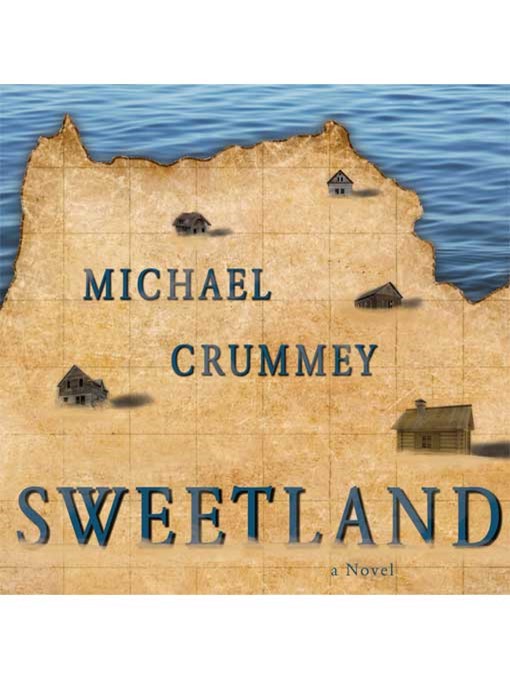
Sweetland
کتاب های مرتبط
- اطلاعات
- نقد و بررسی
- دیدگاه کاربران
نقد و بررسی

Narrator John Lee's deep voice and rhythmic intonation are perfect for this beautiful novel, set amid the harsh landscape of a town with no future, a victim of the two-decade ban on cod fishing off eastern Canada. Moses Sweetland is a 70-year-old crusty inhabitant of the tiny Newfoundland settlement of Sweetland--named for his ancestors. The government has decided to move everyone to the mainland, but Sweetland refuses to go for reasons that are revealed throughout the audiobook. Lee renders Sweetland's laconic and stubborn nature as well as his special relationship with his autistic great-nephew, Jesse. Lee's slightly toneless performance of Jesse captures the boy's deep well of affection but lack of emotional maturity. SWEETLAND is a spectacular meld of story and performance. A.B. Winner of AudioFile Earphones Award © AudioFile 2015, Portland, Maine

Starred review from September 8, 2014
Sweetland is both a place—a small island off Newfoundland—and a person—Moses Sweetland—and both have seen better times. The provincial government is offering resettlement money to Sweetland residents, but only if everyone agrees to leave. Moses Sweetland is 69 years old and has been disfigured by an industrial accident. When the story opens, he is the only person—aside from the man considered the island idiot—who opposes the government’s proposition. He’s under plenty of pressure to accept, but the island named for his ancestors, where he takes his great-nephew rabbit hunting and hands down family legends, is the only place Moses can imagine living. Crummey, whose last book, Galore, won the Commonwealth Prize, does both man and place justice: Moses is a memorably strong-willed character, whose manner of thinking and speaking are dying out. The novel also conveys the way that a sense of place is the product of relationships—among the living, with the dead, and, in Moses’s case, arising from intimate connections to land and sea. At the end of the story, Moses remains alone on the island, his supplies dwindling, beset by injury, cold, and memories—the question isn’t what will happen, but how. Having nearly trapped himself in a narrative corner, Crummey writes himself out of it, concluding the book in a way that recalls Aristotle’s maxim from the Poetics: the best endings find a way to be both surprising and inevitable.

























دیدگاه کاربران